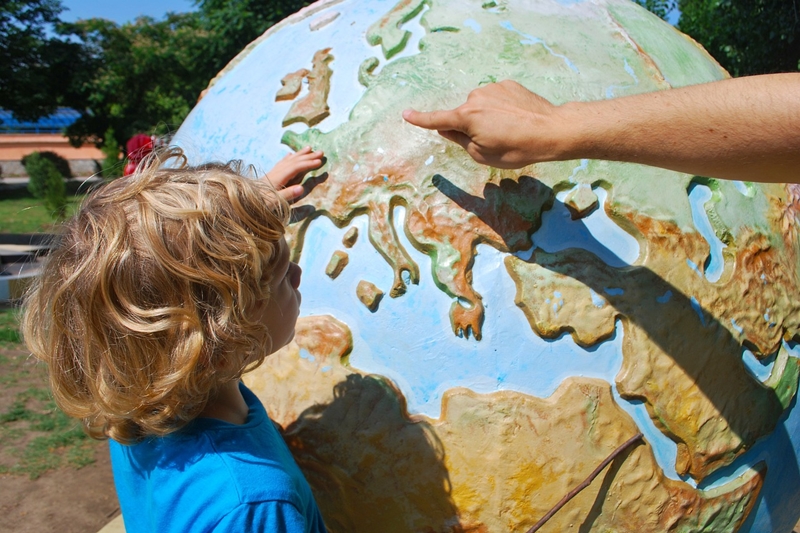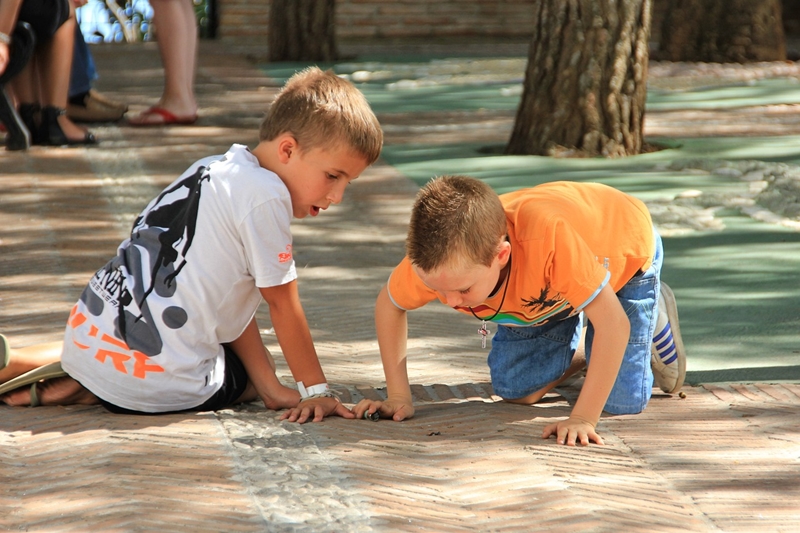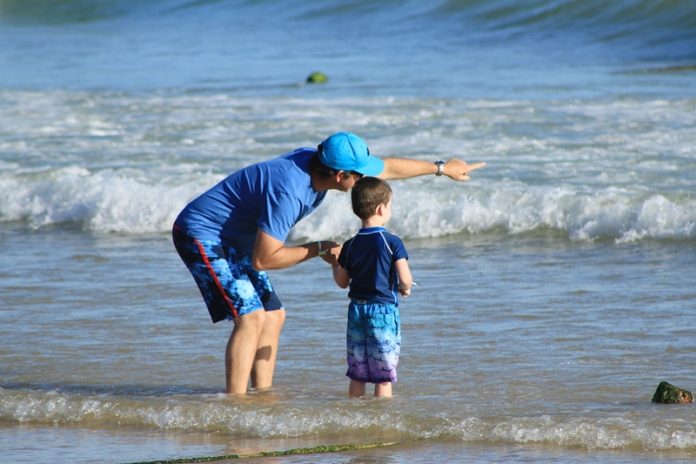Traveling isn’t just about exploring new places and enjoying leisure time; it holds immense potential for personal growth and development, especially for children. Exposing children to the wonders of the world through travel can have a profound impact on their cognitive, emotional, and social well-being. In this article, we will delve into the myriad of benefits that traveling offers to children, shaping their perspectives and nurturing their overall development. Therefore, here are the benefits of travelling for children!
1. Expanding Horizons and Cultural Awareness
Experiencing different cultures, languages, and traditions firsthand can be a transformative experience for children. It broadens their horizons by teaching them that the world is a diverse and vibrant tapestry of cultures. This exposure nurtures empathy, understanding, and tolerance, fostering a global perspective that is crucial in our interconnected world. This is one of the benefits of travelling for children they cannot easily learn from classroom activities to that depth.

2. Learning Beyond the Classroom
Travel is an unparalleled educational tool that extends beyond the confines of a classroom. Children have the opportunity to learn about history, geography, science, and social dynamics by engaging with real-world settings. Visiting historical sites, museums, and natural wonders provides a tangible and memorable learning experience that textbooks cannot replicate.
3. Boosting Confidence and Independence
Traveling exposes children to new situations, from navigating unfamiliar airports to trying local cuisines. These experiences encourage them to step out of their comfort zones, fostering a sense of self-assuredness and independence. Overcoming challenges during travel cultivates problem-solving skills and resilience, which are valuable life skills that can serve them well into adulthood.
4. Cultivating Adaptability
Adapting to new environments, climates, and cultural norms during travel teaches children to be flexible and open-minded. They learn to embrace change and find innovative solutions, helping them become more adaptable individuals who are better equipped to thrive in a rapidly changing world. Be sure to include suitable and best activities for children when travelling.

5. Creating Lasting Family Memories
Traveling together as a family creates enduring memories that bind parents and children together. Shared experiences, whether exploring a foreign city or relaxing on a beach, strengthen family bonds and provide a platform for open communication. These cherished moments contribute to a strong support system and a sense of belonging.
6. Inspiring Curiosity and Lifelong Learning
Travel sparks curiosity in children as they encounter novel environments, languages, and customs. This curiosity extends beyond the journey itself, fostering a lifelong love for learning and exploration. Children who travel are more likely to seek out new experiences and knowledge throughout their lives.
7. Enhancing Social Skills
Interacting with people from diverse backgrounds during travel encourages children to develop strong social skills. From striking up conversations with fellow travelers to engaging with locals, these interactions improve communication, empathy, and the ability to relate to others. This is one of the best benefits of travelling for children.
8. Appreciating Nature and the Environment
Exposure to different ecosystems and natural wonders during travel instills a sense of wonder and appreciation for the environment. Children who witness the beauty of nature are more likely to grow up as responsible stewards of the planet, advocating for its protection and sustainability.
Conclusion
The benefits of travelling for children are vast and profound. From fostering cultural awareness and adaptability to boosting confidence and inspiring curiosity, the experiences gained from travel contribute significantly to a child’s holistic development. As parents and guardians, providing opportunities for children to explore the world can be one of the most valuable investments in their future, nurturing them into well-rounded, open-minded, and empathetic individuals.
Yes, now what you should do? Start planning your next trip with your children. They would love it! 🙂








Dear Amila,
thank you for this post. My daughter Jana (now 30 years old) traveled with us from the age of 2 and I never understood why some people said to me: “You really dare to travel with a child?! We only travel when our children are grown and out of the house.” Jana has had so many great experiences that she would have missed without traveling (and us too ;-))
Thank you for your kind words about our visit to the zoo in Schönbrunn. I think this old Austrian zoo can’t quite keep up with the Singapore Zoo 😉 but it’s charming.
All the best, Traude
???????????? ????????
https://rostrose.blogspot.com/2023/09/die-kunstvollsten-schulklassen-der-welt.html
Thanks for your comment and sharing experiences with traveling with your daughter. I started traveling when the child was 2 months old and continued it. 🙂 So, he is a good traveller and adjust to different culture, environments easily… 🙂